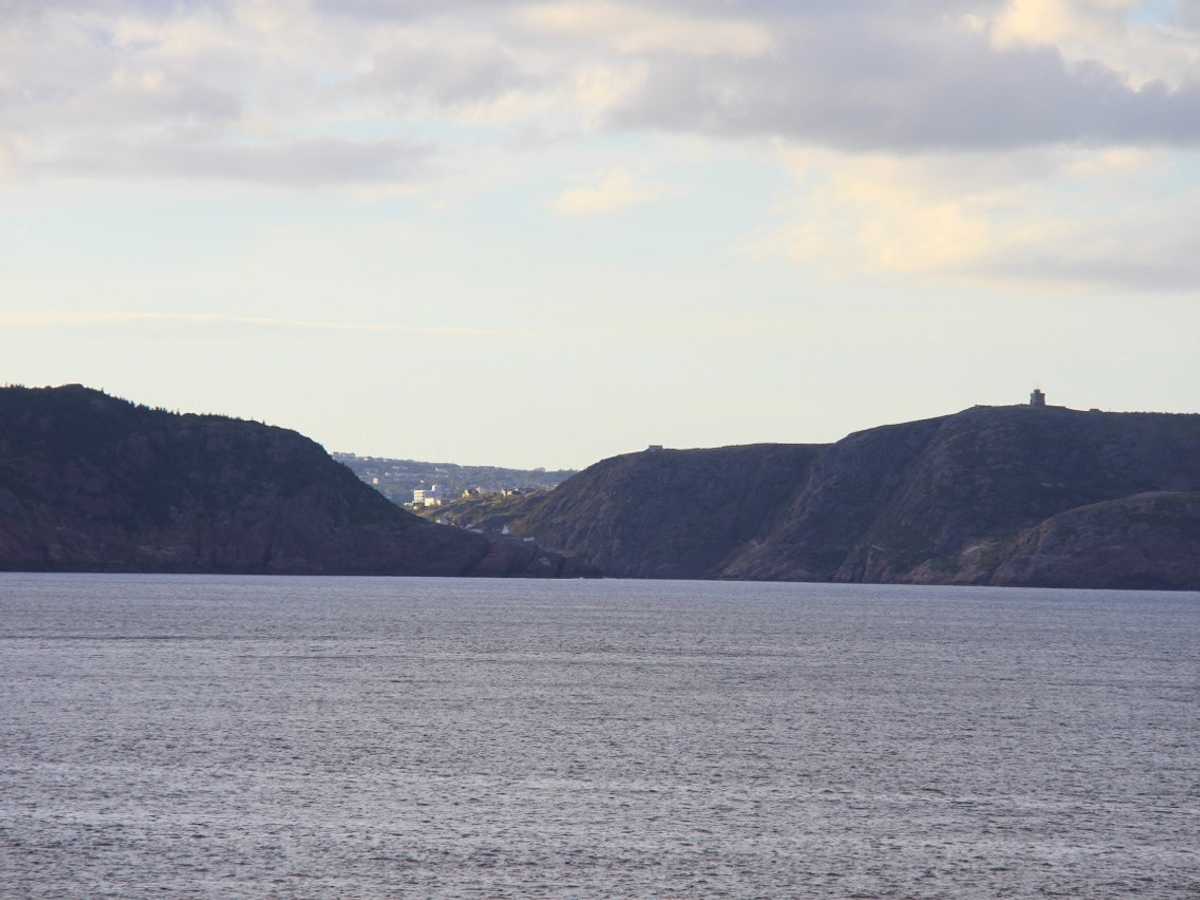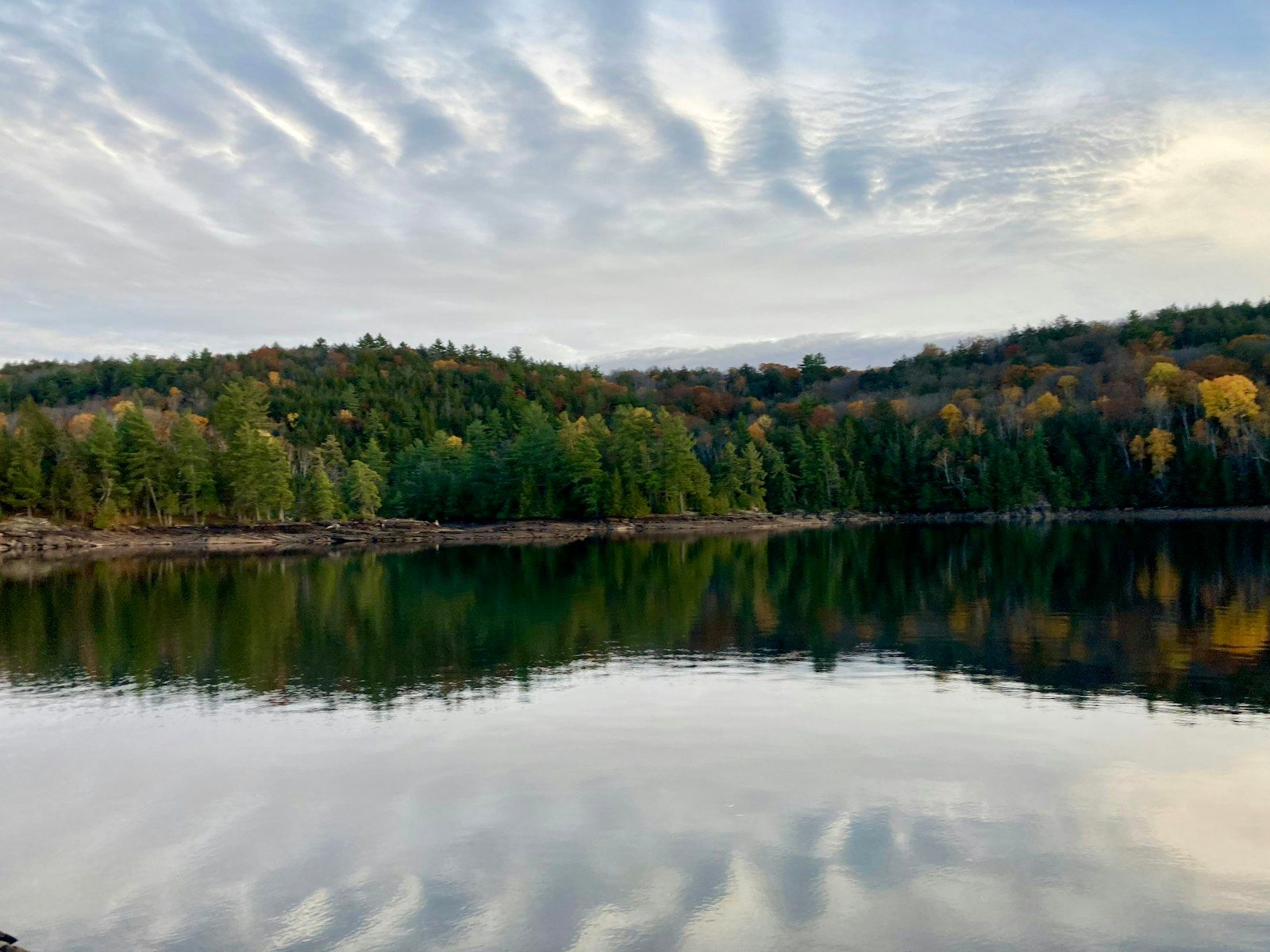
Blockchain technology put to new use in freshwater health
September 17, 2018
With support from the RBC Foundation and WWF Canada, DataStream is now leveraging blockchain technology to offer a level of data security and transparency not seen on any other water platform.
Blockchain technology put to new use in freshwater health
Additional security and transparency supports open data for evidence-based decision-making to improve freshwater ecosystems.
HALIFAX, Sept. 18, 2018 – The nimble nature of community-based monitoring is being paired with the security of blockchain technology in Atlantic Canada to safeguard freshwater health. Widespread data deficiencies are among the key findings of World Wildlife Fund Canada’s 2017 Watershed Reports, with two-thirds of Canada’s sub-watersheds data deficient for health indicators, preventing an informed understanding of the human impact in most watersheds.
While communities and stewardship organizations across Atlantic Canada have a long history of sophisticated monitoring programs, until recently they did not have a common and secure place to share their data.
To create that data-sharing hub, The Gordon Foundation has developed Atlantic DataStream in partnership with the Atlantic Water Network. It’s an open-access platform for data sharing that allows users to access, visualize and download full water-quality datasets collected by monitoring groups, government programs, academics and industry from Newfoundland and Labrador, New Brunswick, Prince Edward Island and Nova Scotia.
The addition of blockchain technology to this platform, supported by the RBC Foundation, provides a distributed ledger on the Ethereum network and traceability that allows users to see how data changes over time, improving the security and authenticity of data. Blockchain is completely transparent and tells users the full story of the datasets they’re working with, starting from the moment the data is first created and shared. With the click of a button, users can determine who created the datasets, whether it has changed and, most importantly, why it was collected.
Through this collective effort, the data within Atlantic DataStream is more accessible to communities, scientists and decision-makers and will play a critical role in filling data gaps and advancing evidence-based decision-making that ensures waters remain healthy for generations to come.
Sherry Campbell, president and CEO, The Gordon Foundation, said:
“Communities are connected to their waters and are best placed to see changes as they happen. Atlantic DataStream provides monitoring organizations of all sizes a place to share open-access water-quality data. This is important because rivers, lakes and watersheds don’t begin or end at regional or provincial boundaries, and neither should the scientific data that we rely on to protect them. DataStream connects people to data and encourages collaboration across jurisdictions so that policy-makers can understand what is happening upstream and downstream of them. Incorporating blockchain into Atlantic DataStream allows us to provide a level of security and transparency that does not exist in any other system for managing water data in Canada.”
Valerie Chort, vice-president corporate citizenship, RBC, and executive director, RBC-Foundation said:
“The big, pressing environmental problems of today are increasing in scope much faster than the traditional solutions used to solve them. Using a more-than-money approach, RBC is leveraging all the assets in our ecosystem, including our access to innovative technologies such as artificial intelligence and blockchain, to work together with charitable partners like WWF and The Gordon Foundation and the required experts to address and help solve our shared environmental challenges.”
Megan Leslie, president and CEO, World Wildlife Fund Canada, said:
“Just as water is a public resource, water data should be publicly accessible. But it’s not. Despite WWF-Canada’s years of work collecting data from more than 171 groups, we still don’t know how our actions are affecting most of our freshwater ecosystems and the wildlife and communities that depend on them. Here in Atlantic Canada, we are excited to be working collaboratively to fill these data gaps and gain a fuller picture of freshwater health in a way that combines community efforts, scientific expertise and state-of-the-art technology.”
Emma Wattie, director, Atlantic Water Monitoring Network, said:
“Atlantic DataStream is the missing piece of the puzzle to water-data management in Atlantic Canada. Dozens of community-based monitoring groups have been actively collecting data for decades, and we now have a secure, user-friendly and open access hub to share this information. Atlantic DataStream not only provides storage of water-quality data but is a platform for communicating results and networking among groups. It’s an easily accessible database for groups to share their data with other monitoring programs and decision-makers. Atlantic Water Network is proud to be part of this innovative program and to be partnering on the first DataStream outside the Makenzie River Basin.”
ABOUT DATASTREAM
Atlantic DataStream is an open-access platform for sharing information about freshwater health. It provides much-needed infrastructure for information sharing among monitoring organizations, allowing users to access, visualize and download water-quality data from across Atlantic Canada.
DataStream is a growing initiative that is led at the national level by The Gordon Foundation and carried out in partnership with regional monitoring networks. In Atlantic Canada, DataStream is co-ordinated locally by the Halifax-based, Atlantic Water Network.
DataStream was piloted in the Mackenzie Basin through a unique collaboration between The Gordon Foundation and the Government of the Northwest Territories, Mackenzie DataStream’s founding partner. With the success of DataStream in the Mackenzie Basin and now, in Atlantic Canada, work is underway to expand DataStream to additional hub regions, beginning with the Lake Winnipeg basin in partnership with the Lake Winnipeg Foundation.
Visit Atlantic DataStream to learn more.
ABOUT BLOCKCHAIN
Blockchain is an online, decentralized system for tracking and creating a permanent record of transactions of all kinds that anyone can see. Best known for its application in cryptocurrencies such as Bitcoin and Ethereum, Blockchain holds tremendous potential to transform many facets of society.
ABOUT THE GORDON FOUNDATION
The Gordon Foundation is a charitable organization dedicated to protecting Canada's water and empowering Canada's North. We seek opportunities to amplify underrepresented voices, elevate emerging issues, and collaborate with like-minded organizations to drive powerful, sustainable outcomes.
ABOUT RBC
Royal Bank of Canada is a global financial institution with a purpose-driven, principles-led approach to delivering leading performance. Our success comes from the 84,000+ employees who bring our vision, values and strategy to life so we can help our clients thrive and communities prosper. As Canada’s biggest bank, and one of the largest in the world based on market capitalization, we have a diversified business model with a focus on innovation and providing exceptional experiences to our 16 million clients in Canada, the U.S. and 34 other countries. Learn more at rbc.com.
RBC is proud to support a broad range of community initiatives through donations, community investments and employee volunteer activities. See how at rbc.com/community-sustainability.
ABOUT WORLD WILDLIFE FUND CANADA
WWF-Canada creates solutions to the environmental challenges that matter most for Canadians. We work in places that are unique and ecologically important, so that nature, wildlife and people thrive together. Because we are all wildlife. For more information, visit wwf.ca.
FOR MORE INFORMATION CONTACT:
The Gordon Foundation and Atlantic DataStream
WWF-Canada
Rebecca Spring, senior communications specialist
rspring@wwfcanada.org, +1 647-338-6274
The results are in! DataStream's 2023 external evaluation
We asked for your feedback, and you delivered! DataStream is pleased to share the results of our 2023 external evaluation.
Job Posting: Executive Director
The Executive Director (ED) will play a pivotal role in leading DataStream at an exciting time of growth.
Join DataStream's Pacific Data Drive
Do you collect water quality data in British Columbia or the Yukon? If YES, we want to work with you!


